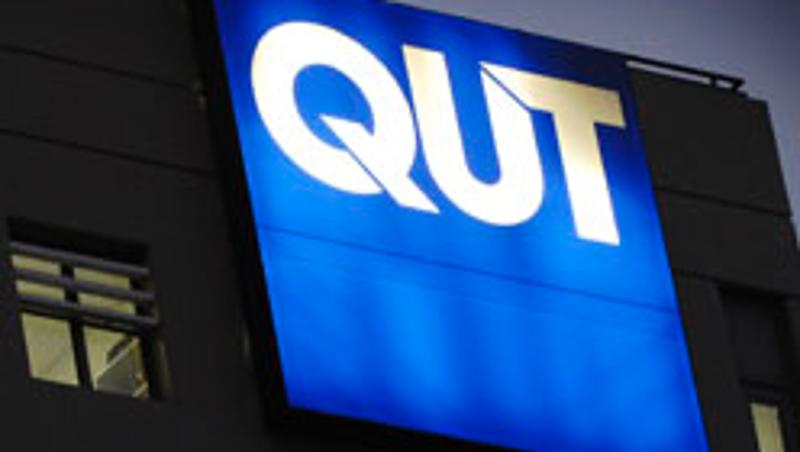
Doctors and health professionals could face legal consequences in the future for failing to provide women with information on their breast density which, research shows, indicates breast cancer risk and masks detection by mammogram.
QUT hosts a free public lecture and symposium this week (Wednesday and Thursday, March 22 and 23) with an address from Dr Nancy Cappello (via Skye) who initiated the Are You Dense movement in the US that has led to legislation mandating reporting of breast density in 27 states.
Dr Cappello was motivated to lobby for law reform after her own experience of missed breast cancer diagnosis despite regular mammograms, in circumstances where she had not been told that she had dense breasts and that this may mask cancer detection by mammograms.
“It is particularly important for women to know their breast density (usually called mammographic density or MD) because it is a well-established indicator of breast cancer risk and can affect the efficiency of their mammogram,” says Professor Rik Thompson from QUT’s Institute of Health and Biomedical Innovation, who has organised the public events with Associate Professor Tina Cockburn from QUT’s Australian Health Law Research Centre.
“A woman with high density breasts has a four to six-fold higher risk of breast cancer in her lifetime than a woman with low breast density. Importantly, this is a population estimate; not all women with higher MD will get breast cancer, but they have a higher chance of it.
“This increased risk rises to a staggering 17-fold in the first year after a clear mammogram for women in the highest MD category (over the lowest MD category), because breast cancer tumours can be missed or masked by high density breast tissue as they can appear the same on a mammogram – both tumours and MD show up as white and bright.
“Although we know these risks, there is not a clear path forward in terms of what is best to do next, however many women may prefer to know they are at a higher risk.”
Professor Cockburn said doctors, radiologists and other health professionals could be at risk of future medico-legal consequences if they do not fully inform women about the health implications of MD.
“This raises questions as to how to best regulate the provision of information to women,” Professor Cockburn said.
“Dr Cappello successfully lobbied to have legislation enacted which mandates that this information to be passed on to women in the US.
“We are investigating whether the existing law is sufficient to protect women or some other form of regulatory response would be more appropriate, such as mandatory reporting laws, professional guidelines, and/or public education campaigns, to ensure this vital health information is passed onto women so they can make informed decisions on their healthcare.”
Free public lecture – Wednesday, March 22
Join a leading mammographic density expert, a consumer representative and a breast clinician to increase your knowledge and understanding of the health impacts of mammographic density:
- Professor John Hopper, Centre for Epidemiology and Biostatistics director, The University of Melbourne.
- Dr Stephen Birrell, breast surgeon; founder and chief medical officer, Wellend Health
- Gerda Evans, consumer advocate for Breast Cancer Network Australia
Wednesday, March 22, 6pm to 7.30pm at the Institute of Health and Biomedical Innovation, corner of Musk Avenue and Blamey Street.
For more information and to register: https://qutmammographicpublicforum.eventbrite.com.au.
Free public mammographic density symposium – Thursday, March 23
Leading mammographic density researchers will discuss key areas of mammographic density research including pathobiology, density measurement, clinical responses, and select medico-legal issues associated with the communication of information about the health implications of mammographic density to Australian women. Featuring:
- Dr Nancy Cappello, Are You Dense founder and executive director (via Skype).
Thursday, March 23, 8.30am to 1.30pm (Including lunch) Institute of Health and Biomedical Innovation, Kelvin Grove.
For more information and to register: https://qutmammographicsymposium.eventbrite.com.au
Media contact: Niki Widdowson, QUT Media, 07 3138 2999 or n.widdowson@qut.edu.au
After hours: Rose Trapnell, 0407 585 901 or media@qut.edu.au.




